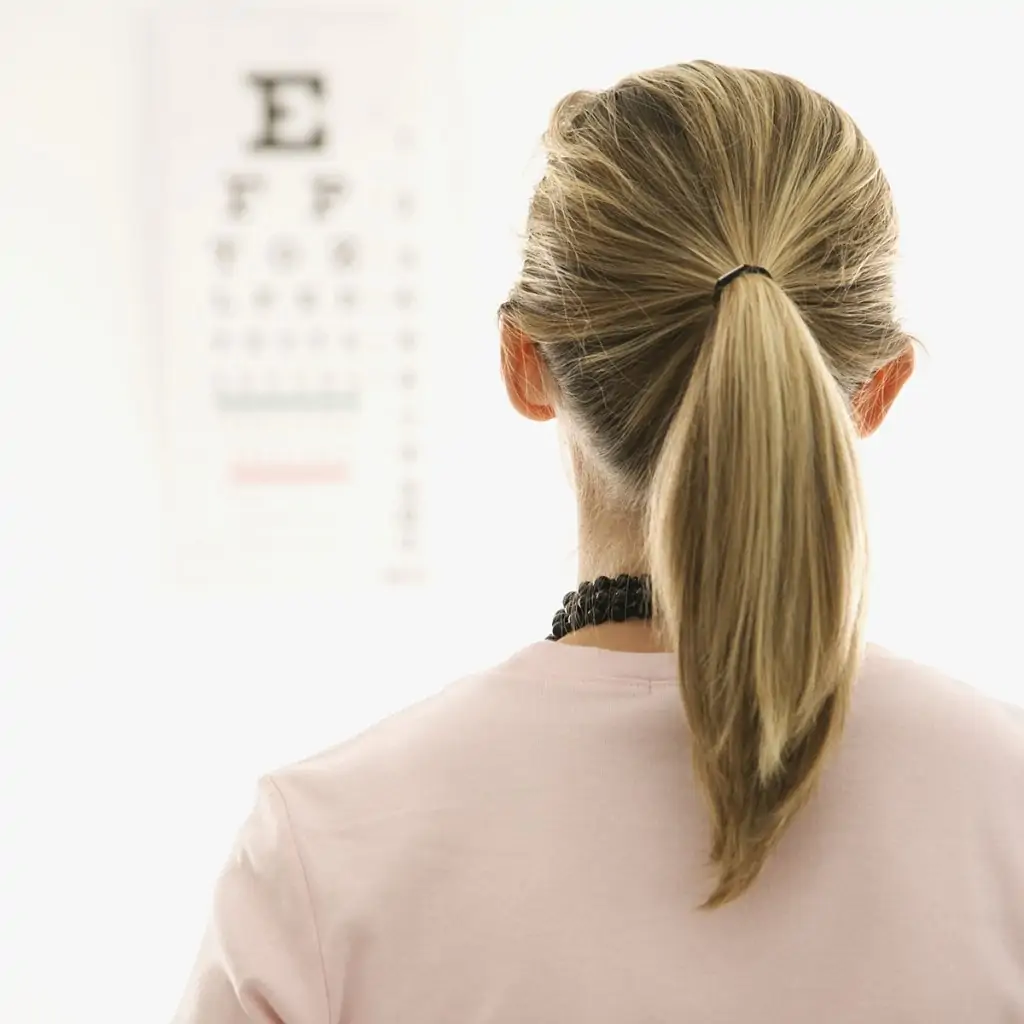Are You An Informed LASIK Patient? Questions To Ask Yourself
By Kerry Solomon, MD

LASIK is so common these days, it seems like everyone who wants it has it done. But the fact is, not everyone is a good candidate for refractive surgery—what we often call vision correction surgery. I can tell you in my practice, about 20 percent of the LASIK patient prospects I see are ineligible for a variety of reasons. Some are medical: They have thin or irregular corneas or perhaps they have underlying health issues or take certain medications that can interfere with healing. Sometimes a LASIK patient prospect simply has unrealistic expectations about what a procedure can and can’t do.
I always remind my LASIK patients that vision correction procedures are surgical procedures and, like all surgery, there is a recovery and healing process involved. And, no matter how common a vision correction procedure is, it’s very important to understand both the benefits and the risks. My best LASIK patients are those who take the time to become informed. What does that mean? Here is what I recommend:
- Ask yourself: What do you want out of a vision correction procedure? Are you active and glasses and/or contacts get in the way? Are you struggling with reading glasses? Into sports? Outdoor activities? Are you parenting young children? These questions help put your vision correction goals in context of your lifestyle and open a dialog with your physician to discuss your options.
- Make an appointment with your ophthalmologist. If you don’t have an ophthalmologist, ask friends, family or your doctor for a referral. Your ophthalmologist should be board-certified and experienced (e.g., performing at least 1,000 procedures if you’re considering LASIK). Having a good relationship with your surgeon is important.
- Share your full health history with your doctor. Like I said before, there are medical conditions, such as diabetes, that may make some vision correction options a poor choice. And, don’t forget to report all medications.
- Thoroughly research the vision correction procedure you’re interested in to understand not only how the procedure works, but also about recovery, risks and most importantly, if it fits with your expectations. Then ask your surgeon about any questions you may have about the procedure and how it fits with your specific vision goals. He or she should work with you to determine if you are a good candidate and set realistic expectations for your vision correction choices.
Vision correction surgery is a choice, not a medical necessity, so it is important to partner with your surgeon to make the choices that are best for your health and vision. Being informed about your choices is an important first step in a productive relationship with your refractive surgeon for a successful surgery.




